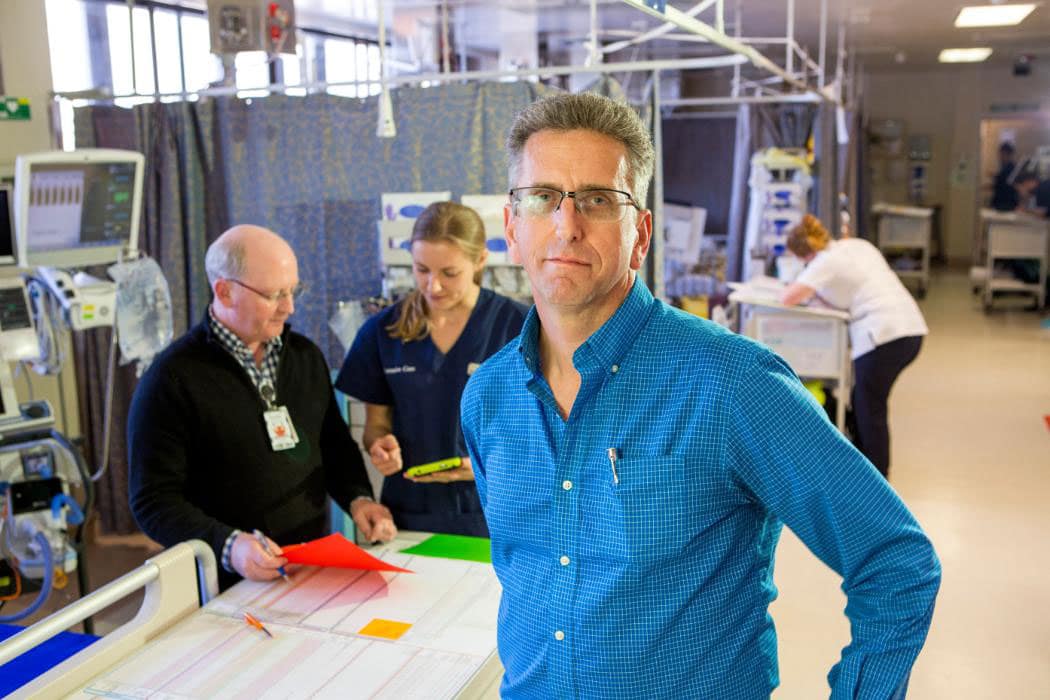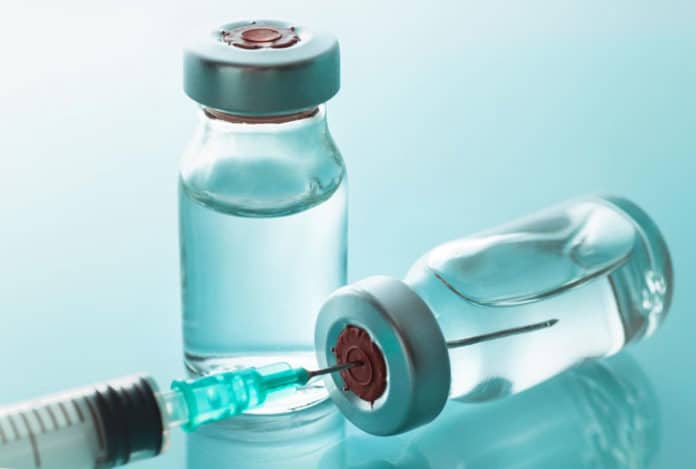UC Distinguished Professor Geoff Chase is developing world-first insulin sensor technology to enable ‘right now’ measurement for those overseeing type 2 diabetes. The technology is expected to aid doctors and patients to settle on better-informed choices on treatment right away.
Moreover, technology can help people finding their blood sugar level from the well-known finger stick test and a glucometer.
Professor Chase along with Director of UC’s Biomolecular Interaction Centre Dr. Volker Nock and postdoctoral fellow Dr. Rebecca Soffe from Electrical and Computer Engineering and Mechanical Engineering Senior Lecturer Dr. Stefanie Gutschmidt is developing Lab-on-a-Chip technology using micro-fluidics, specialized bio-receptors, and novel micro-electro-mechanical-system (MEMS) technology modeling to detect insulin in a sample fluid.

Professor Chase explained, “The fixed volume of the liquid will stick to the microchip allowing the rest to run off. This changes the mass and thickness of the MEMS array elements, which in turn lets us ‘see’ that mass of insulin by the way it changes the dynamic properties of the MEMS device arrays. That is the hope anyway with the patent that’s being filed.”
Existing techniques used to measure insulin requires lab processing of a blood sample and takes 1-3 days for a result. The process and delay make the test only beneficial to diagnose type 2 diabetes, not managing continued care initially.
Chase said, “When you don’t know insulin levels you have to guess. Patients tend to run into problems and will often give up on treatment because the risk of injecting too much insulin is too high. With this sensor, you could know what your insulin level is and safely dose, reducing that risk.”
Distinguished Professor Chase has 19 years’ experience working with medical practitioners. His areas of research include diabetes, modeling of human metabolism and hypoglycemia, and he enjoys seeing the real-world impact of his work. In 2018 he was awarded the MacDiarmid Medal by Royal Society Te Apārangi for physiological modeling of human metabolism used for ‘in-silico’ testing, which has been used to treat intensive care patients in New Zealand and overseas.
